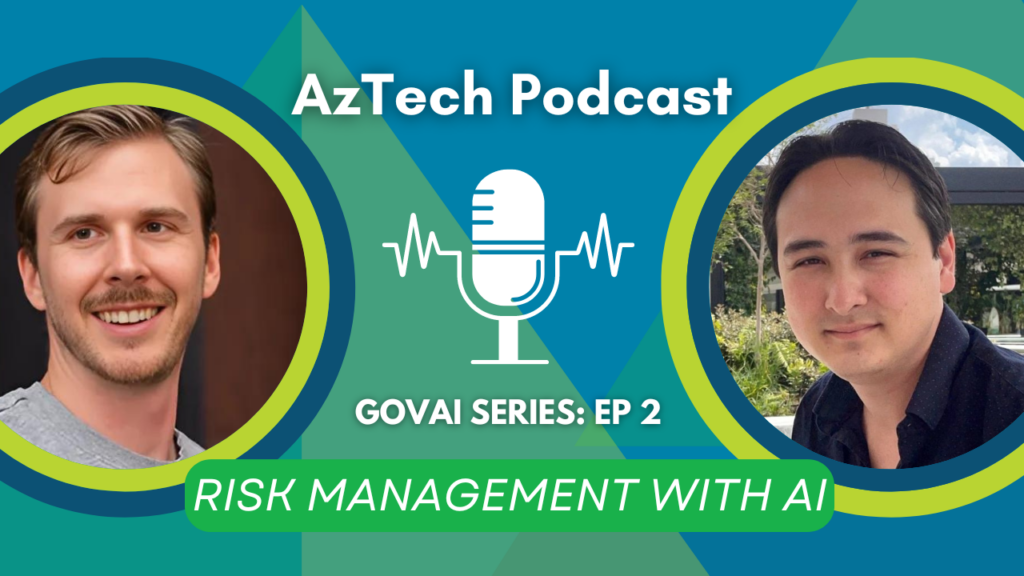AI Playbook for Executives: Smarter Project Decisions

How AI is Empowering Decision-Makers in Project Management and Earned Value
In today’s data-driven world, executives and decision-makers are increasingly turning to Artificial Intelligence (AI) to enhance project management and earned value management (EVM). AI’s potential to automate complex tasks, predict outcomes, and generate actionable insights is reshaping how leaders approach strategic planning and project execution. Here’s how AI is revolutionizing the way executives in project management and EVM make smarter, data-backed decisions:
Strategic Forecasting and Predictive Analytics
AI’s ability to analyze vast amounts of data allows executives to forecast project trends with greater accuracy. Predictive analytics powered by AI can identify potential roadblocks, predict cost overruns, and flag schedule delays before they become significant problems. This insight empowers decision-makers to:
- Make proactive adjustments to project plans, reducing risks and keeping projects on track.
- Forecast resource needs more precisely, ensuring that staffing and budget allocations are optimized for future project phases.
- Align project goals with business objectives, enabling executives to prioritize investments based on expected outcomes and return on investment (ROI).
For executives managing multiple projects, AI-driven dashboards can also consolidate data from different programs, offering a high-level overview of key metrics and forecasts across the portfolio. This allows for more informed strategic decision-making.
Enhanced Risk Management
Managing risk is a core component of project management, especially in industries that deal with complex projects such as construction, defense, or energy. AI can enhance traditional risk management methods by:
- Automating the identification of potential risks using data patterns, historical project information, and external factors (e.g., economic conditions).
- Prioritizing risks based on their likelihood and potential impact, enabling decision-makers to focus on the most critical issues.
- Generating risk mitigation strategies by analyzing past successful actions taken in similar scenarios.
With AI’s help, executives can shift from a reactive approach to a proactive one, addressing potential problems before they escalate into costly project disruptions.
Automating EVM Reporting and Analysis
Earned Value Management involves extensive data analysis and reporting to measure project performance against the budget and schedule. AI tools can:
- Automate the generation of EVM reports, making the process quicker and less prone to human error.
- Provide real-time updates on project health, highlighting variances and trends that may require executive attention.
- Integrate data from multiple sources, creating a single source of truth for more accurate decision-making.
This streamlining of EVM reporting allows executives to spend less time manually reviewing reports and more time strategizing on how to meet project goals.
Optimizing Resource Allocation
AI can analyze project data to identify how resources (such as personnel, equipment, or budget) are being utilized across projects. Decision-makers can use AI insights to:
- Reallocate resources dynamically to projects where they are needed most.
- Predict future resource requirements based on project trends and upcoming tasks.
- Ensure optimal staffing levels to avoid both understaffing and overstaffing, which can impact project performance and employee morale.
Through AI-driven resource management, executives can achieve greater efficiency and cost savings, ensuring that all project areas have the support they need.
Supporting Strategic Decision-Making
AI doesn’t just help with operational tasks; it also supports high-level strategic decisions. By providing a comprehensive analysis of project performance and potential future scenarios, AI helps executives:
- Evaluate the potential impact of strategic changes, such as new project launches or budget reallocations.
- Analyze the potential outcomes of various scenarios, helping to choose the best course of action for long-term success.
- Monitor the alignment of projects with organizational goals and adjust strategies accordingly.
AI’s capacity to transform raw data into meaningful insights enables executives to lead with more confidence, making decisions that are grounded in data rather than intuition alone.
Conclusion
For executives and decision-makers in project management and EVM, AI is not just a tool—it’s a strategic asset. From risk management to resource allocation and strategic forecasting, AI empowers leaders to make data-driven decisions that optimize project performance and drive organizational success.
As AI continues to evolve, the companies that adopt it early will have a significant competitive edge, with better decision-making capabilities and more efficient project management processes.
Subscribe to our Newsletter:





